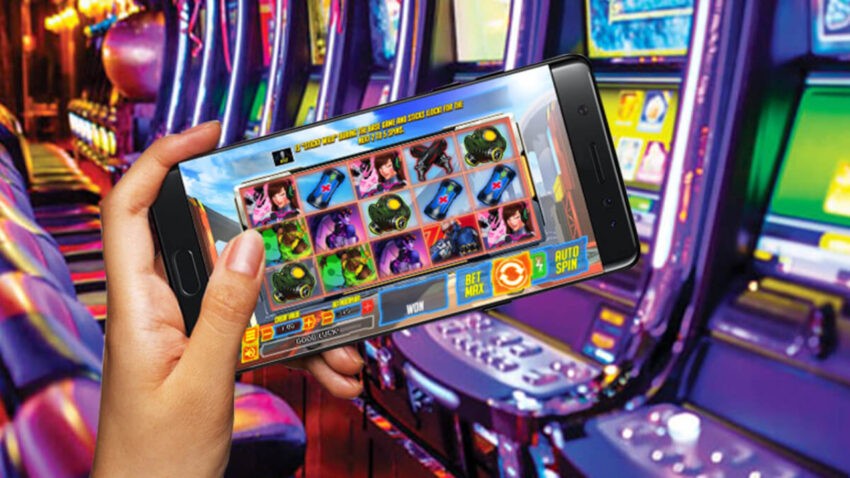Online games have evolved from simple pixelated experiences to complex, immersive universes that millions of players worldwide enjoy every day. In this blog, we’ll explore the growth and transformation of online games Gaspol 189, how they’ve changed the way we play, interact, and even work, and the impact they’ve had on both entertainment and technology.
A Brief History of Online Gaming
The history of online gaming dates back to the early days of the internet. In the late 1990s, when broadband internet started becoming more accessible, games like Doom and Quake allowed players to connect with each other over local networks or dial-up connections. However, it wasn’t until the late 1990s and early 2000s that online multiplayer games started gaining mainstream popularity.
Games such as EverQuest and World of Warcraft (WoW) introduced the concept of massively multiplayer online role-playing games (MMORPGs). These games allowed players to live out virtual lives, build communities, and embark on quests, all within a persistent, evolving world.
The Rise of Free-to-Play and Mobile Games
The rise of the smartphone in the late 2000s brought a whole new dimension to online gaming. Free-to-play games with in-app purchases became the dominant model, with games like Angry Birds, Clash of Clans, and Pokémon Go taking the world by storm. Mobile gaming was no longer seen as a niche activity but a mainstream form of entertainment, with millions of people playing games in short bursts throughout the day.
The free-to-play model revolutionized how developers approached online games. Instead of requiring an upfront purchase, these games let players access them for free and encouraged microtransactions for cosmetic items, in-game boosts, or additional content. This allowed players from all walks of life to enjoy these games without significant financial barriers, contributing to the massive growth of the gaming community.
The Explosion of Esports
One of the most significant developments in the online gaming world has been the rise of esports. Competitive gaming has become a multibillion-dollar industry, with tournaments attracting millions of viewers and players earning substantial salaries. Games like League of Legends, Dota 2, Fortnite, and Counter-Strike: Global Offensive have not only established global fanbases but also professional leagues and sponsorships from major brands.
Esports has turned online gaming into a career for many players, broadcasters, and even content creators. Streaming platforms like Twitch and YouTube Gaming have made it easier than ever for players to showcase their talents and build communities around their gameplay. The rise of esports has also led to a greater sense of legitimacy and recognition for gaming as a professional sport, with tournaments held in massive arenas and broadcast to millions worldwide.
Virtual Reality and Immersive Worlds
While online games have traditionally existed on screens, the next frontier for gaming is virtual reality (VR). VR technology has the potential to take online gaming to the next level by offering players fully immersive experiences. Games like Beat Saber, Half-Life: Alyx, and Rec Room are already pushing the boundaries of what’s possible in virtual worlds, allowing players to interact with their environment in ways previously thought impossible.
As VR technology continues to improve, we can expect to see even more advanced and realistic virtual worlds, where players can socialize, work, and play like never before. The possibilities for immersive online gaming are endless, and it’s exciting to think about what the future holds.
The Social Aspect of Online Gaming
One of the most compelling reasons for the popularity of online games is their ability to bring people together. Whether it’s collaborating with teammates in Fortnite or chatting with friends while exploring the expansive world of Minecraft, online gaming offers a unique social experience.
Games have become a platform for people to connect, form friendships, and even build entire communities. Online gaming has been credited with fostering teamwork, problem-solving skills, and communication, as players must collaborate to achieve common goals. Moreover, gaming communities can often be incredibly inclusive, with players from all over the world coming together to share their love of a game, regardless of their background or location.
